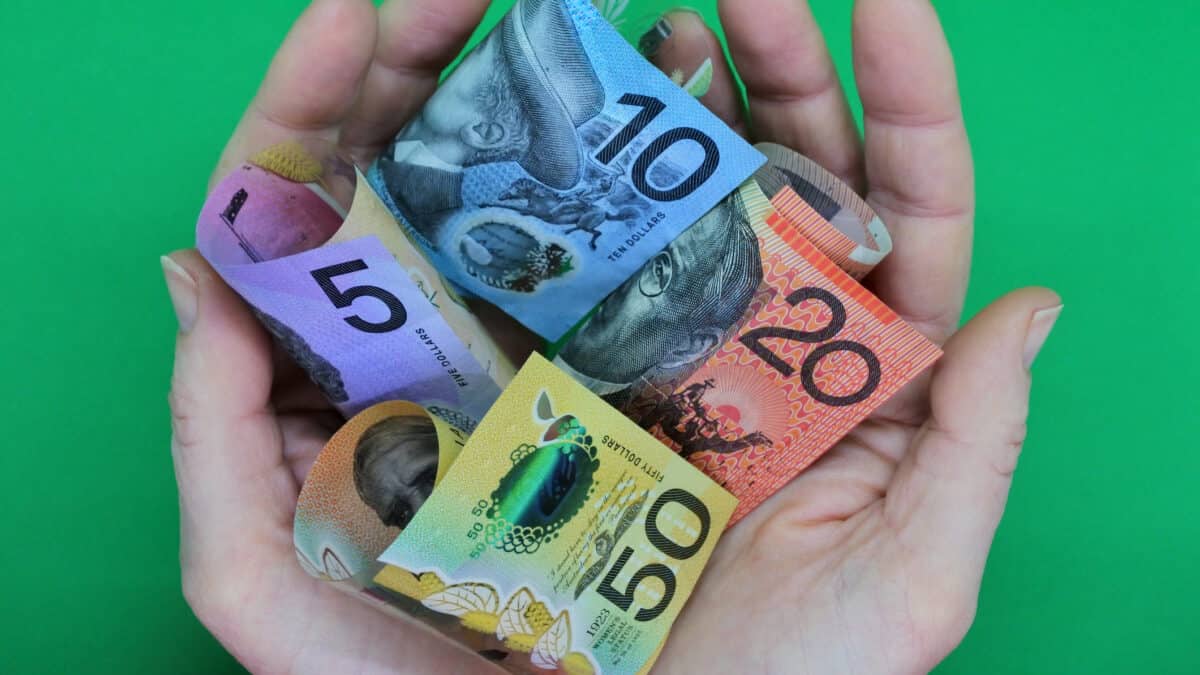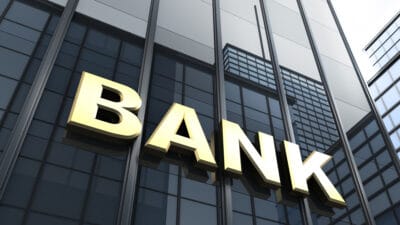The Commonwealth Bank of Australia (ASX: CBA) dividend has been an important element of the investment picture for some time. Hence, investors may like to know how big the dividend yield could be in FY28.
The ASX bank share would like to grow its payout if it can, but growth is not guaranteed. Dividends are paid from a company's profit, so a rising dividend may depend on a business' ability to increase its earnings.
As investors, we should try to focus on a business' long-term potential rather than its short-term timeframe.
When it comes to the dividend, I think it's important to focus on the longer term rather than just the payout next year (or even last year).
With that in mind, let's consider where the CBA dividend yield may be in 2028.
CBA dividend forecast
The current projection from the broker UBS is that the CBA dividend yield could be 3.6% in FY28. This would translate into a grossed-up dividend yield of 5.1% when we include the franking credits.
This would represent slow but steady growth between FY24 and FY27. We can't know what the rate of inflation will be over this period, but it's useful to have (a prediction of) dividend growth.
How much profit could the ASX bank share make in FY28?
Broker UBS currently predicts that CBA could generate $29.1 billion in revenue and $14.9 billion in pre-tax profits in FY28.
UBS is predicting that the ASX bank share could make $10.57 billion of net profit after tax (NPAT) in FY28. The broker is also predicting the bank could make earnings per share (EPS) of $6.12 in FY28, up from a predicted $5.83 of EPS in FY24.
At the current CBA share price, it's valued at more than 21x FY28's estimated earnings. That is a high price-earnings (P/E) ratio, considering the 2028 financial year is still years away, and is a key reason why the CBA dividend yield is not very high.
Is the CBA share price a buy?
UBS currently has a sell rating on the ASX bank share, with a price target of just $107. That implies the broker believes the CBA share price could fall close to 17% over the next year.
In analysing the situation, the broker said:
We think the disconnect between fundamentals (expected financial performance) and overall fair value for CBA is as wide as it has ever been.
The broker noted that it and other analysts view the stock as "overvalued" despite it being the "best-in-class" bank franchise in the market.









